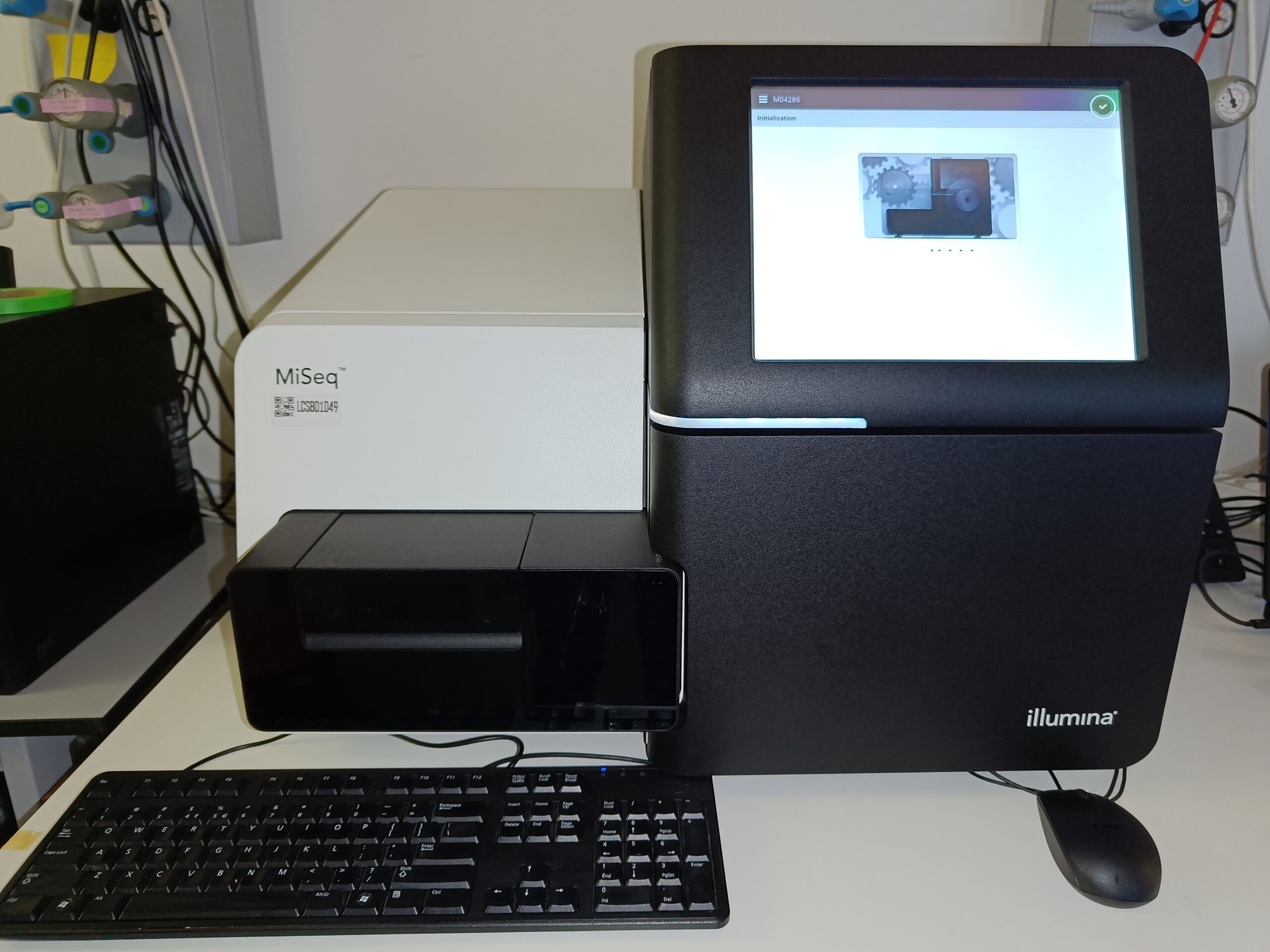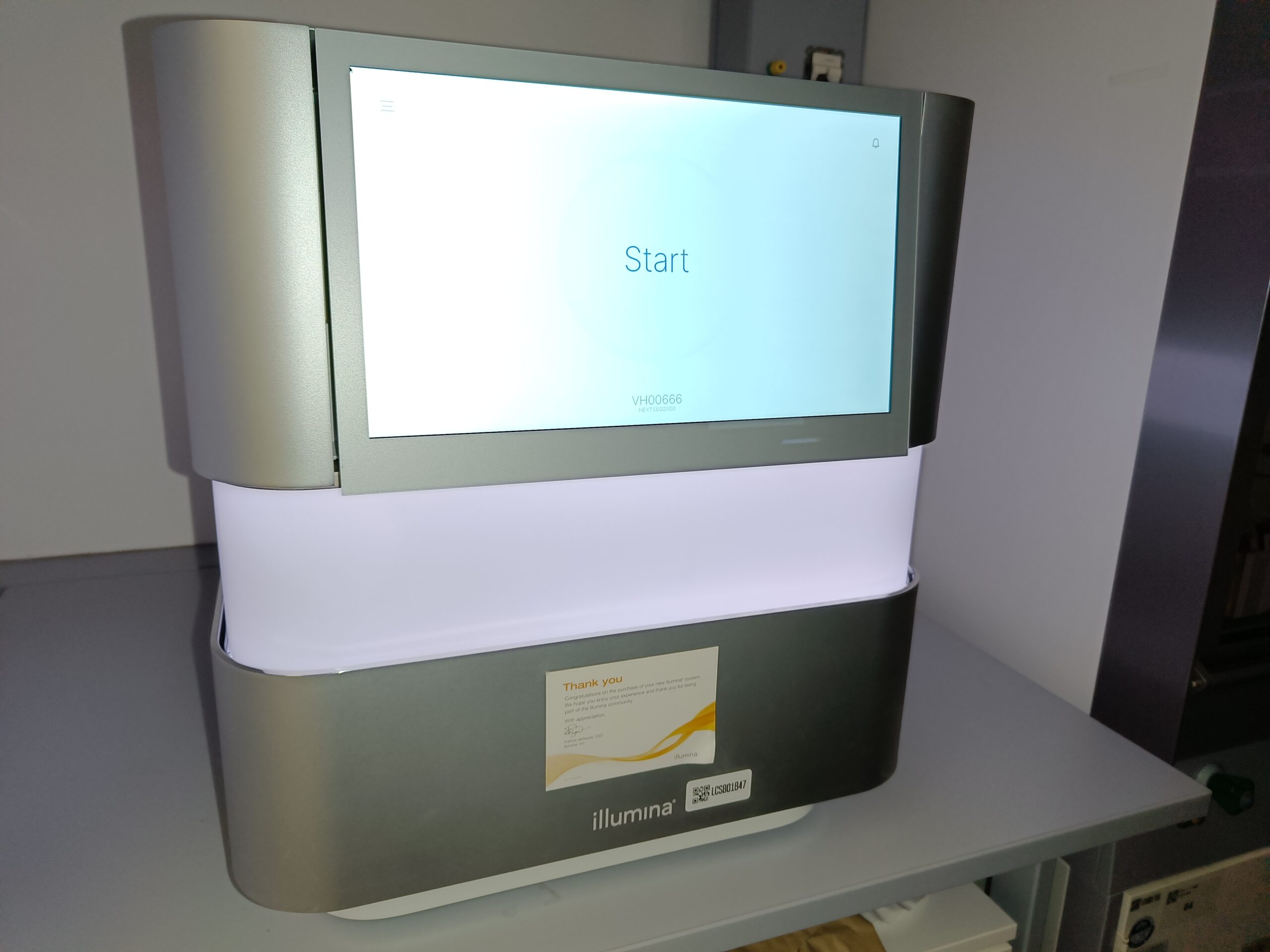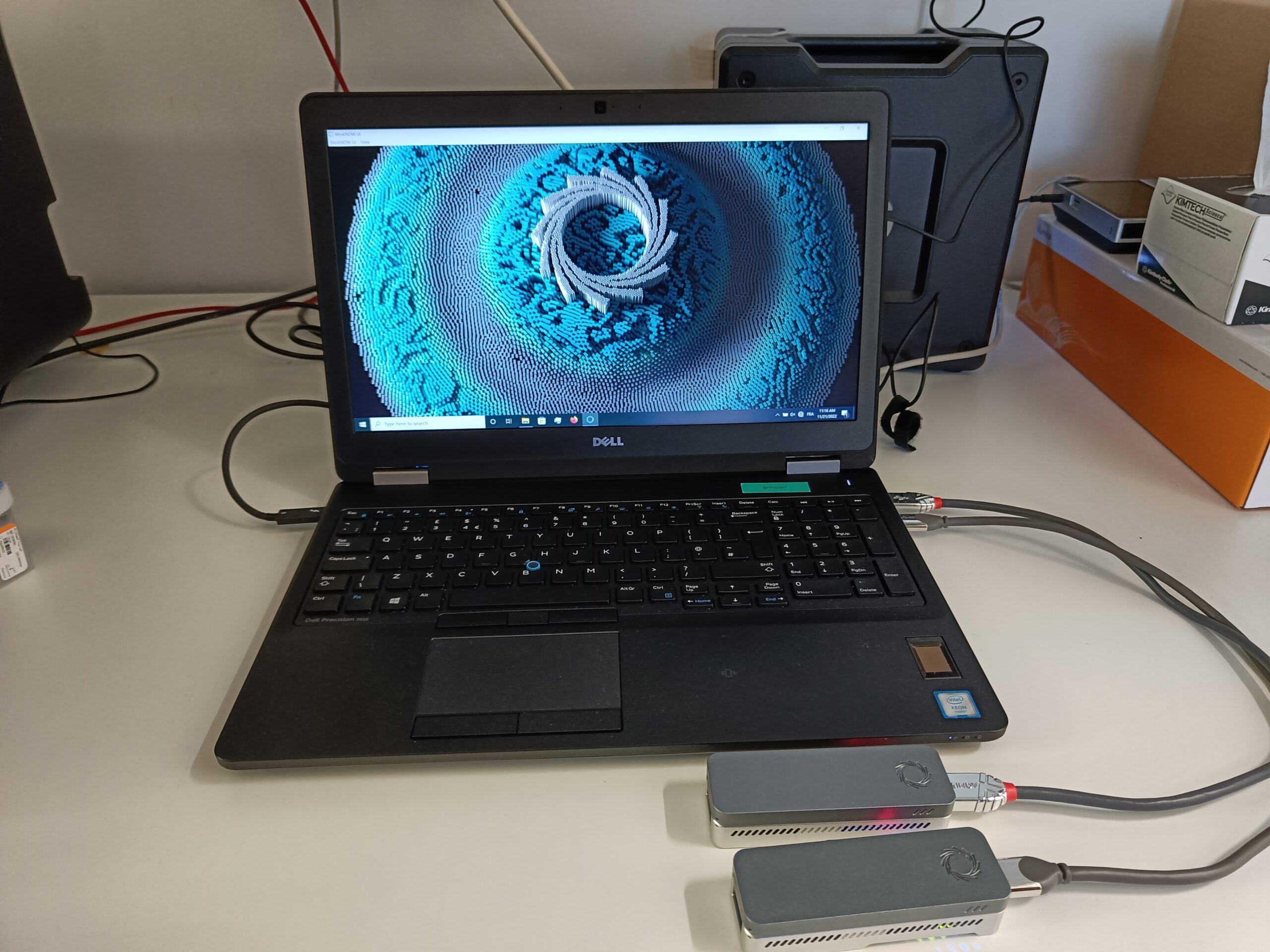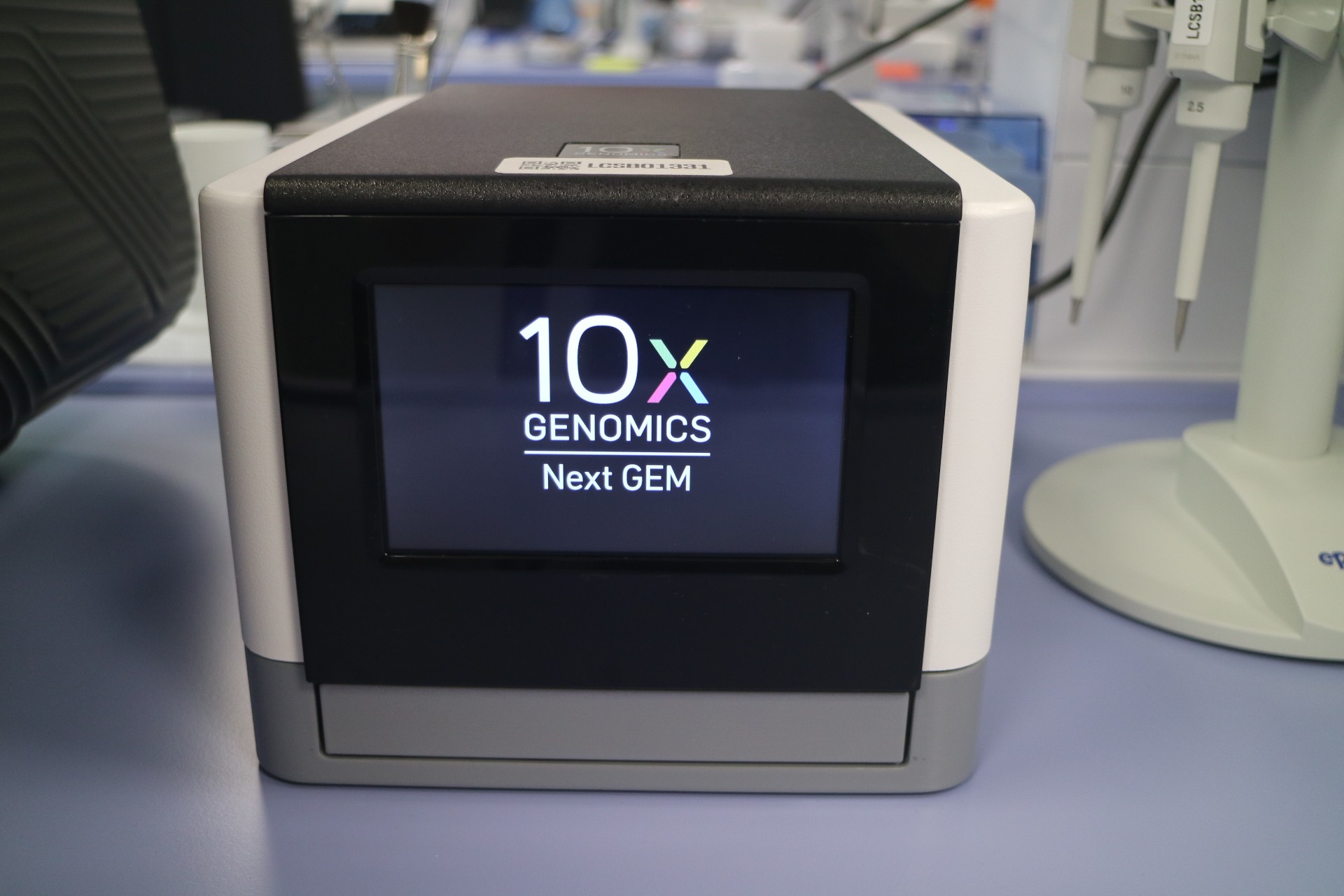Genomics Platform
The genomics platform at the LCSB offers next-generation sequencing services. The platform has a NextSeq2000 and a MiSeq sequencer from Illumina, and 2 MinION & Mk1c nanopore sequencer from Oxford Nanopore Technologies, which allow for high flexibility when it comes to different sequencing needs.
For first-time users as well as for researchers with new projects, we encourage to meet in person and discuss the project objectives and goals. It helps us understand your needs, which are almost unique for every project. Following our discussion, we offer our best advice and recommendations related to best practices to obtain the relevant and good quality sequencing data. Some of the points that we suggest considering for your sequencing projects are:
• How many samples (number) are necessary to obtain a robust result?
• How are these samples collected?
• Which DNA/RNA isolation technique is optimal?
• How is better RNA integrity achieved?
• How many biological replicates are necessary?
• How much sequencing data coverage (depth) is required?
Services
Transcriptomics:
- Bulk RNA sequencing
- Small RNA sequencing
- Meta-transcriptomics sequencing
Genomics:
- Whole genome sequencing (small genomes)
- Chromatin immunoprecipitation sequencing (ChIP-Seq)
- Methylated DNA immunoprecipitation sequencing (MeDIP-Seq)
- Reduced representation bisulfite sequencing (RRBS)
- Assay for Transposase-Accessible Chromatin sequencing (ATAC-Seq)
- Exome-sequencing
- Meta-genomics/ shotgun
Targeted Resequencing:
- RNA (gene panel)
- DNA (gene panel)
- Amplicon sequencing
- Metagenome sequencing
- Whole genome sequencing
- mtDNA sequencing
- amplicon sequencing
- full length 16S/18S rRNA sequencing
- full length cDNA sequencing
- direct RNA sequencing
In case you have a project with an application not listed above, please contact us regarding the feasibility.
- Drop-seq
- 10X Genomics
In case you have a project with an application not listed above, please contact us regarding the feasibility.
Equipment
-

MiSeq™ (Illumina)
MiSeq™ is a benchtop sequencer from Illumina®, Inc. and is well suited for sequencing projects such as amplicon sequencing, targeted resequencing, and targeted gene expression profiling.
The applications can be tuned to individual requirements as the MiSeq™ system along with its different reagent kits can offer up to 25 million reads per run and up to 15 Gb of sequencing data, with up to 2 x 300 bp read length. -

NextSeq2000™
NextSeq2000™ is a benchtop as well as production scale sequencer from Illumina®, Inc. and is well suited for sequencing projects requiring small genome whole-genome sequencing, exome sequencing, whole-transcriptome sequencing.
With a higher throughput than MiSeq™ sequencer, NextSeq2000™ sequencer along with its different reagent kits can offer up to 1.2 billion reads per run and up to 360 Gb of sequencing data. The maximum read can be 2 x 300 bp. -

MinION®
(Oxford Nanopore)MinION® is a sequencer from Oxford Nanopore Technologies and offers the possibility to sequence DNA or RNA fragments of versatile lengths, even up to several hundred kilobases long fragments.
MinION® sequencer is well suited for sequencing projects interested in de novo sequencing, targeted sequencing, metagenomics, transcriptome, and epigenetics. It can generate up to 50 Gb of data per flow cell (72 hrs of sequencing run).
-

10X Chromium controller
Chromium controller is the microfluidics-based device. With the use of Next GEM technology, it performs single cell partitioning and barcoding with 20 minutes. In a single channel one can generate up to 10,000-20,000 barcoded single cells.
People
Contact
For any inquiries or questions regarding methodologies, instrumentation, sample processing, or prices, we invite you to contact us via email or phone.